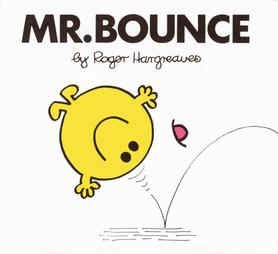 {This topic may become a series…we’ll see how it goes.}
{This topic may become a series…we’ll see how it goes.}
MUSIC can mean different things to different people. For some it’s the soundtrack to a night out getting pissed. For others it’s weaved into the fabric of their identity. You may be aware of the famous quote, “Some people believe football is a matter of life and death, I am very disappointed with that attitude. I can assure you it is much, much more important than that.” It’s not unusual for some people to feel this way about being creative.
That’s not to say that if you are creative then you have a mental health condition. It’s just that the two are no strangers to each other.
I’ve often pondered over the idea that ‘comfort does not breed creativity’. Does it partly explain why musicians with everything still to prove often make better music?
Overly simplistic perhaps but if we accept the principle to be true in many cases then I’m going to assert the notion that, discomfort can provoke creativity.
What interests me about this is that if you had a broken leg, you wouldn’t feel the urge to start training for a marathon. Similarly, if you had a broken leg you wouldn’t walk around feeling that you had to pretend that everything is fine. When others can see a problem, they have the opportunity to reach an understanding of what that means quickly.
If they can’t see the problem then they have to draw upon their own limited knowledge of what that means.
People who have little to no knowledge of a particular subject will obviously be uninformed on that subject. They’re not going to go on Mastermind and try to bluff their way through it. Yet those same people who have never experienced mental health issues will likely have a strong opinion on the subject, despite having little to no real knowledge of what they’re talking about. Suddenly, everyone is a fucking expert.
When seasoned experts struggle to agree on things like, “what is consciousness?”, it’s safe to say the average person is plain ignorant on mental health issues.
Relationship between mental health and creativity
Famous examples of creative minds with mental health conditions, such as Stephen Fry and Spike Milligan, figured out new ways to express themselves.
If you love writing music or discovering new music then it’s a hobby that you can draw a lot of comfort from. Creative minds create. They do so in ways that don’t necessarily follow a straight line. For some people with mental health conditions, there is often an overwhelming need to engage in these types of activities.
At times it may feel that there isn’t enough headspace to think straight, let alone be creative. Organisation websites such as Breathing Space and the Scottish Association for Mental Health are useful starting points.
If it sounds like a cliche it’s probably because it’s true. Knowing that there are other people who have experienced similar problems, or catalogues of different problems, can help.
Those people who are uninformed are unlikely to replace opinion with facts but you can. And things are always bigger in your head.
Managing your mental health, the same as our physical health, is a one-day-at-a-time habit which starts whenever we get out of bed. A digital alarm clock that can play 6Music doesn’t do any harm either.
